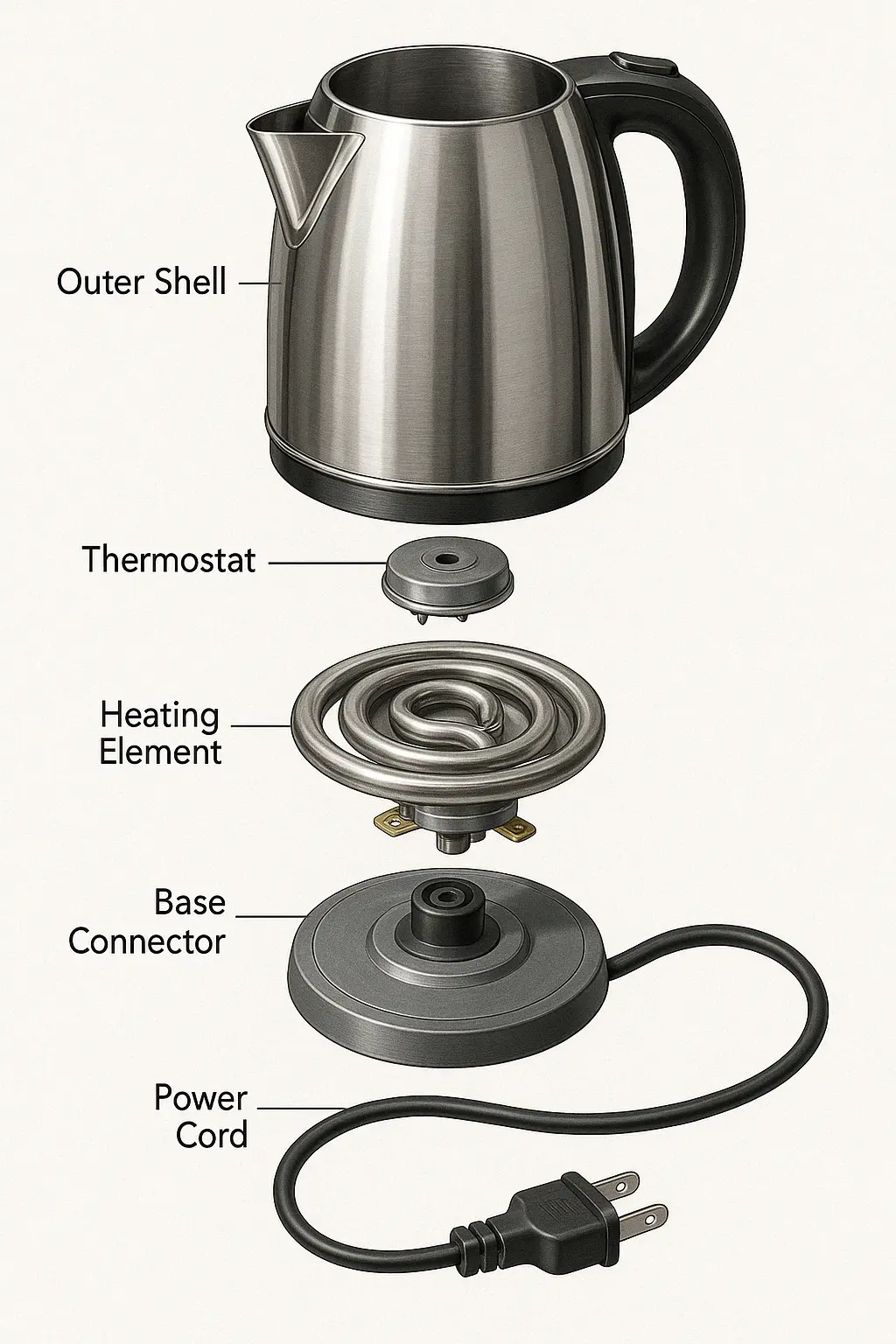
What is an SDS/MSDS Test Report?
As global concern for the safe use and disposal of potentially hazardous substances in the industrial sector rises, there is an increasing demand from consumers and supply chain participants for Safety Data Sheets (SDS/MSDS). More countries and regions are requiring chemical producers, distributors, and dealers to ensure this information is accessible to downstream users.
What is SDS/MSDS?
An SDS (Safety Data Sheet) or MSDS (Material Safety Data Sheet) is a document provided by chemical producers or sellers that includes information on the safety characteristics of chemicals, such as composition, physical and chemical parameters, environmental hazards, emergency handling of spills, and transport regulations. It serves as a vehicle for conveying chemical safety information to downstream users. Developed countries like those in Europe, the US, and Japan have mandated the implementation of SDS/MSDS systems, requiring detailed safety sheets for hazardous chemicals. China also emphasizes the legal requirements of SDS/MSDS in its latest "Regulations on the Safety Management of Hazardous Chemicals" (State Council Order No. 591). Chemical-related companies must prioritize SDS/MSDS to ensure accurate information is communicated to the government, workers, consumers, and the public to prevent severe safety issues and legal liabilities arising from incorrect SDS/MSDS information.
Which products require SDS/MSDS?
Chemicals (substances), chemicals (mixtures), batteries, and other products.
Which substances/mixtures need an SDS/MSDS?
Many regulations outline the requirements for the content and format of SDS/MSDS and mandate that companies provide SDS/MSDS to downstream users, such as:
1. European Union: REACH Regulation (EC No 1907/2006), CLP Regulation (EC No 1272/2008)
2. United States: 29 CFR 1910.1200
3. China: "Regulations on the Safety Management of Hazardous Chemicals"
4. Japan: JIS Z 7253:2019
What information does an SDS/MSDS report contain?
A complete SDS/MSDS report typically includes the following 16 sections:
1. Chemical and company identification
2. Hazard identification
3. Composition/information on ingredients
4. First-aid measures
5. Fire-fighting measures
6. Accidental release measures
7. Handling and storage
8. Exposure controls/personal protection
9. Physical and chemical properties
10. Stability and reactivity
11. Toxicological information
12. Ecological information
13. Disposal considerations
14. Transport information
15. Regulatory information
16. Other information
JJR Laboratory offers testing services at 20% lower costs than other laboratories. Contact us for a quote!
Email:hello@jjrlab.com
Write your message here and send it to us
 What is the 4.3 Toxicology Test in ASTM F963?
What is the 4.3 Toxicology Test in ASTM F963?
 What is the Canada Tent SOR/2024-217 Test Report?
What is the Canada Tent SOR/2024-217 Test Report?
 How to get the Amazon AS/NZS 1900 Test Report?
How to get the Amazon AS/NZS 1900 Test Report?
 Children's Jewelry CPC Certification and ASTM F292
Children's Jewelry CPC Certification and ASTM F292
 Amazon Ladder Compliance Certification Guide
Amazon Ladder Compliance Certification Guide
 Amazon and Temu Require FCM Test Reports
Amazon and Temu Require FCM Test Reports
 Electric Kettle Amazon Canada Compliance Certifica
Electric Kettle Amazon Canada Compliance Certifica
 Do You Understand Amazon Compliance Certification?
Do You Understand Amazon Compliance Certification?
Leave us a message
24-hour online customer service at any time to respond, so that you worry!




